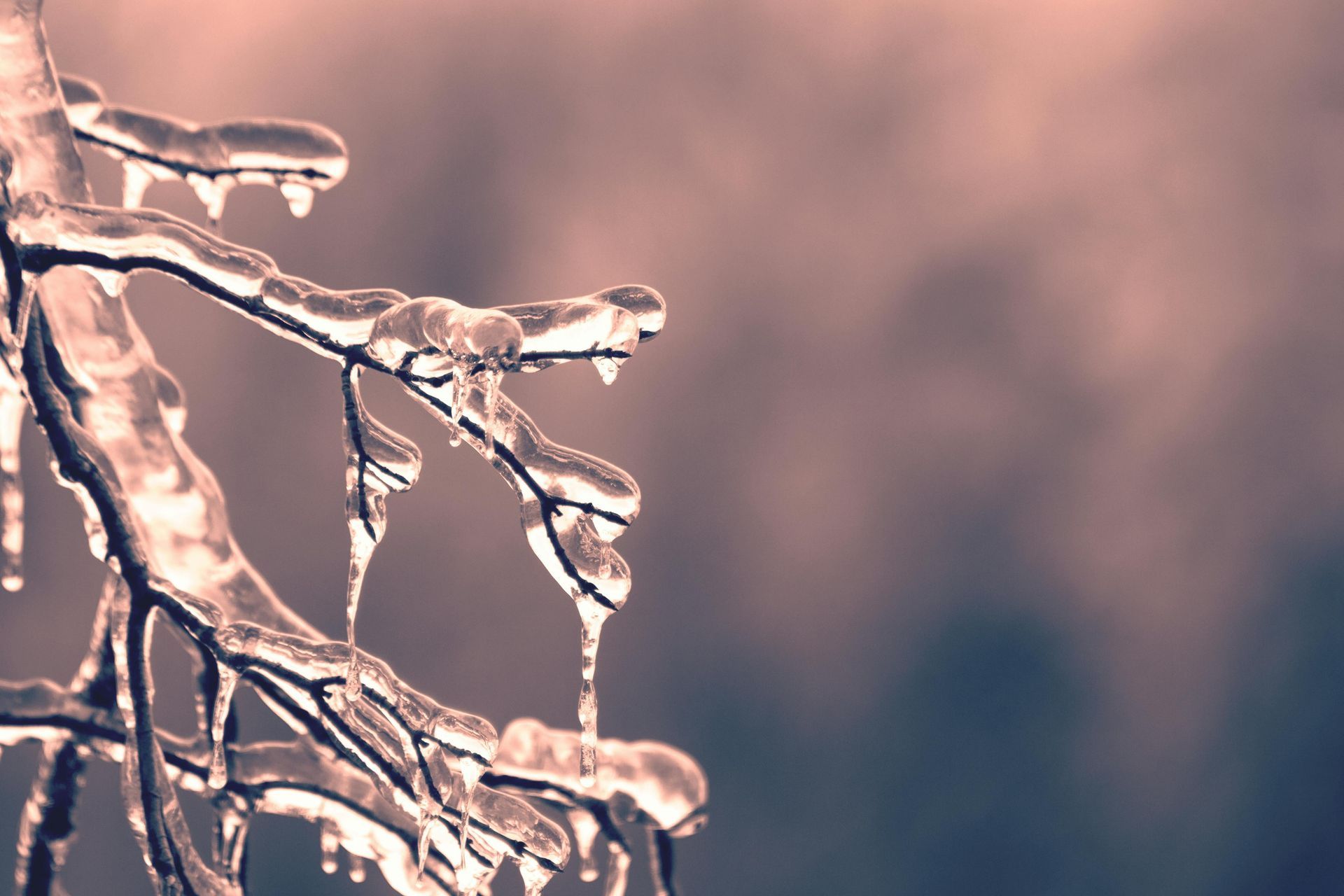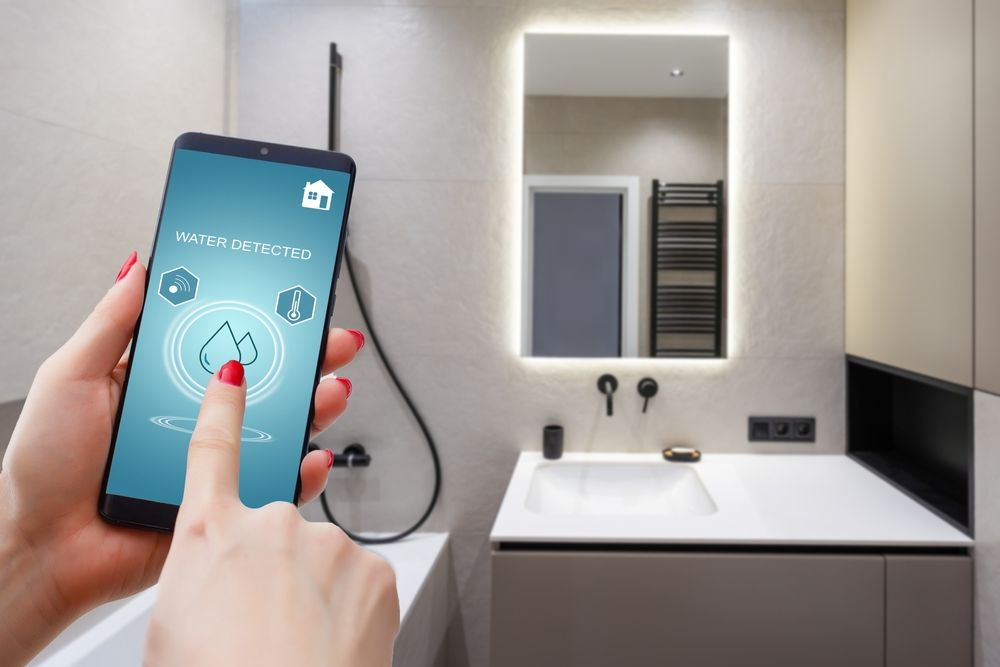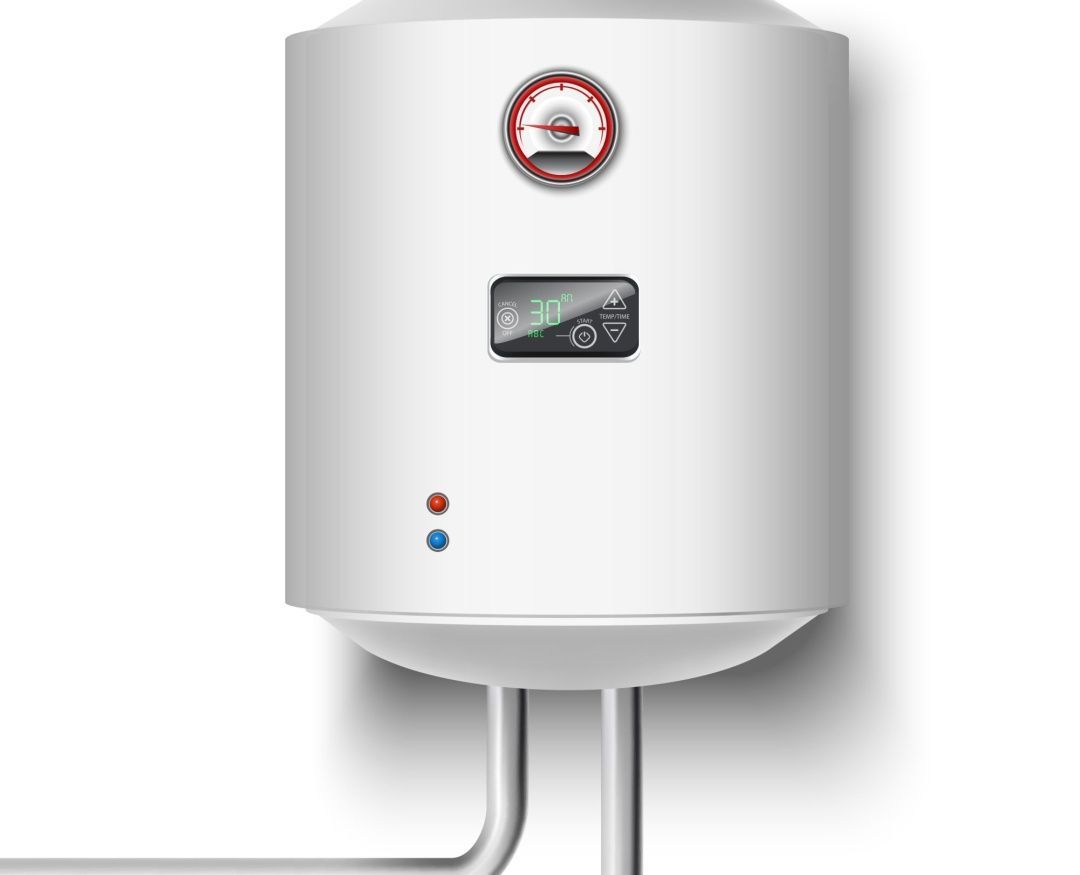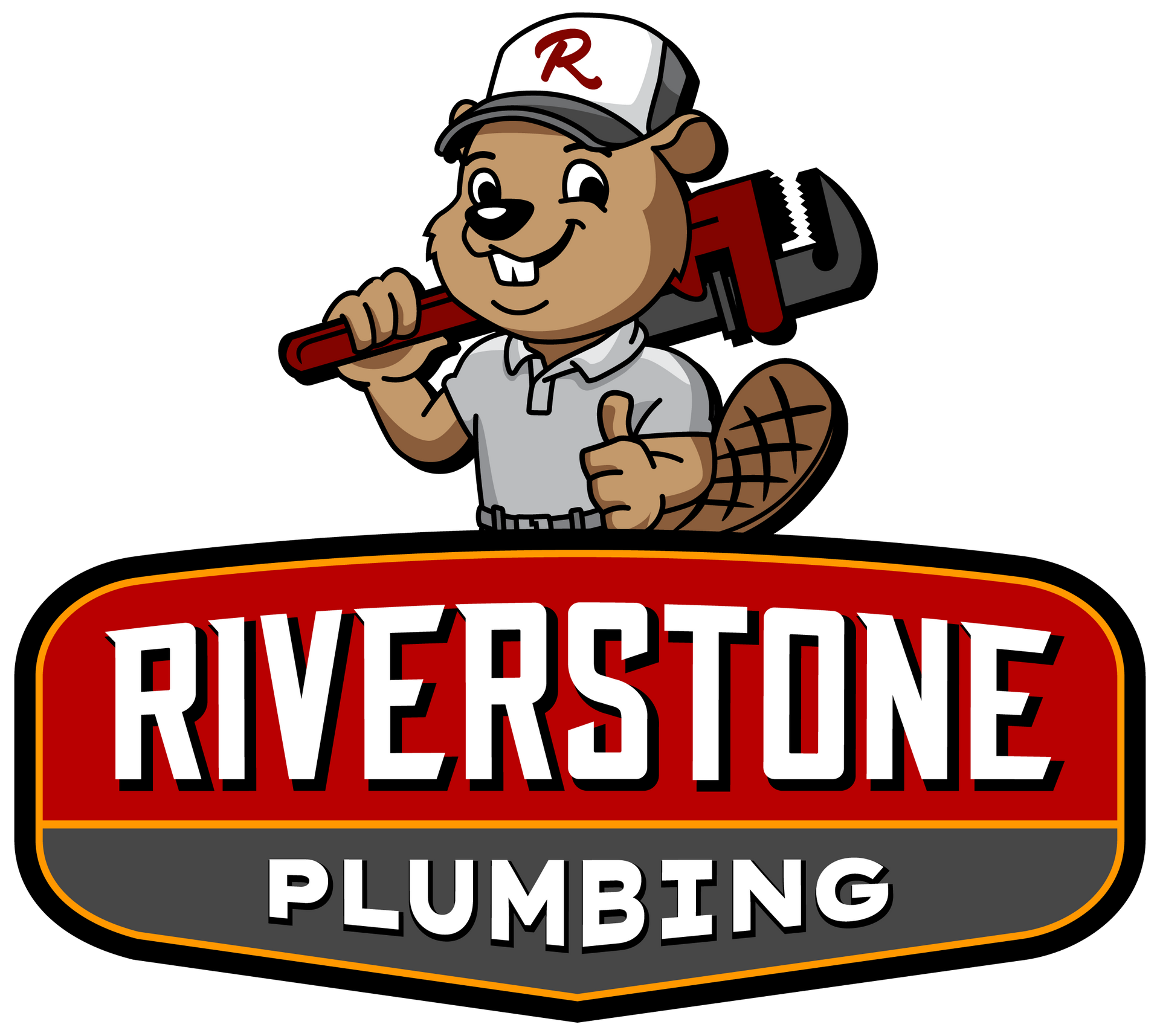10 Common Plumbing Myths Debunked: What Every Homeowner Should Know
Plumbing may not be ultra-attractive, but it’s one of the most essential parts of keeping your home comfortable. Despite its importance, plumbing is surrounded by myths and sub-par "hacks" that often create more problems than they fix. Today, we're setting the record straight and debunking 10 of the most common plumbing myths homeowners believe.
Grab a coffee (or your plumber’s phone number, just in case), and let's bust some myths!

1. Myth: Flushable Wipes are Safe to Flush
Turns out, "flushable" wipes aren’t so flushable. Unlike toilet paper, these wipes don’t break down in your pipes. Instead, they cling to grease and other debris, creating major blockages in sewer systems.
Pro Tip: Always dispose of wipes–even if they’re labeled “flushable”–in the trash to avoid expensive clogs.
Trend Alert: Cities across the U.S. are pushing for bans on misleading products marketed as "flushable" to combat the environmental and financial costs of sewer system blockages.
2. Myth: Lemons Clean Your Garbage Disposal
A few slices of lemon might make your disposal smell better temporarily, but over time, the citric acid from the lemons corrode the metal parts inside. It’s a short-term fix with long-term consequences.
Pro Tip: For a safer method, try using baking soda followed by vinegar. It will clean and neutralize smells without harming your disposal.
Eco-Friendly Angle: Taking better care of your garbage disposal extends its life and reduces waste from premature replacements. Everyone wins, especially your wallet!
3. Myth: Hot Water Washes Grease Down the Drain
This trick might seem logical, but there are problems. Once the hot, melted grease cools further down the pipe, it solidifies. Over time, this leads to some seriously stubborn clogs.
Pro Tip: Pour leftover grease into a container, let it harden, and throw it in the trash. Never send it down the drain, even with hot water!
Did You Know? Clogged pipes from grease are so common that many cities are now educating residents on "fat-free" drains.
4. Myth: Chemical Drain Cleaners are Your Best Friend
Chemical drain cleaners promise an easy fix, but at what cost? These harsh substances corrode your pipes over time and even make the clog worse in the long run.
Pro Tip: Invest in a plunger or an inexpensive drain snake for minor clogs. For tougher jobs, call a professional plumber who can unclog without damaging your plumbing.
Expert Insight: Water utilities are noticing increased pipe corrosion from excessive use of chemical cleaners, and in the wake of that, they’ve begun to promote campaigns about educating homeowners on safer alternatives.
5. Myth: A Dripping Faucet is Just Annoying Noise
That "innocent" drip is wasting more water than you think! In most cases, it gets up to 3,000 gallons a year for a single faucet! Collectively, tiny leaks across U.S. households add up to more than a trillion gallons of wasted water annually.
Pro Tip: Replace washers or seals in dripping faucets ASAP. It’s a cheap and eco-friendly fix that will save you hundreds of dollars on water bills.
Environmental Connection: Many plumbers are now offering "water audit" services to help homeowners conserve.
6. Myth: Ice Cubes Sharpen Garbage Disposal Blades
Newsflash! Your garbage disposal doesn’t actually have blades. It has impellers that grind solids, and unfortunately, ice won’t "sharpen" them.
Pro Tip: Use ice and cold water to clean and dislodge stubborn debris in the disposal, but don’t expect it to magically improve performance.
Fun Fact: The “ice cubes sharpen blades” myth has been circulating since the 1930s with no basis in reality. But at least the ice cubes still help with odor control!
7. Myth: A Brick in Your Toilet Saves Water
This old-school "hack" might have once been trendy, but throwing a brick in your toilet tank to reduce water usage is a bad idea. It interferes with the flushing mechanism and leads to constant repairs.
Pro Tip: Consider switching to a low-flow toilet for real water savings that won’t jeopardize your plumbing.
Trending: Smart toilets with eco-friendly flushing options are taking water conservation up a notch in many households.
8. Myth: All Plumbers Cost the Same
Sure, calling a plumber seems easy enough—but not all plumbers bring the same level of expertise, licensing, or professionalism to the table. Just like any other service, there are possibilities of scams.
Pro Tip: Before hiring, ask about licensing, reviews, and warranties. Putting in some research gives you the best chance at getting the best bang for your buck.
Consumer Tip: Some eco-focused plumbers now offer "green plumbing" consultations to show how you can save both water and energy.
9. Myth: Plumbing Fixtures Don’t Need Maintenance
Your fixtures might seem fine, but neglecting routine maintenance leads to surprise issues. Worn washers, corroded connections, or mineral buildup will turn a small drip into a big repair.
Pro Tip: Clean faucets and showerheads regularly to prevent build-up. And once a year, inspect for leaks or wear-and-tear.
FYI: Plumbers recommend inspecting fixtures biannually to catch wear issues early.
10. Myth: Toilet Cleaning Tablets Are Harmless
Those blue toilet cleaning tablets are great for stains, but they’re notoriously rough on your toilet's internal components. When excessive use over time, they degrade parts and make way for leaks and reduced lifespan.
Pro Tip: Use mild, eco-friendly cleaners or regular scrubbing instead. It’s gentler on your toilet and the environment!
Green Plumbing Trend: Biodegradable cleaning products are on the rise as more homeowners move toward sustainable home-care solutions.
Now You Know
It’s easy to believe plumbing myths when they get repeated often enough, but the truth is that many of these "hacks" do more harm than good. Proper knowledge and preventive care are the pro-approved ways to avoiding costly plumbing headaches.
If you’re unsure about anything plumbing-related, remember that reaching out to a professional is always worth it. Make informed decisions about your home's plumbing and reach out to a respected plumber who can steer you clear of internet myths and save you money in the long run.
Pro Tip: When in doubt, trust in simple, time-tested maintenance practices rather than shortcuts. Your pipes will thank you.
FAQs
1: Can I pour boiling water down the drain to clear grease clogs?
No, pouring boiling water down the drain may temporarily melt grease but it will solidify further down the pipe, causing blockages. Instead, scrape grease into the trash and use cold water when rinsing oily dishes to help solid materials flow through the pipes.
2: Are low-flow toilets as effective as regular ones?
Yes, modern low-flow toilets are designed to be highly efficient and conserve water without sacrificing performance. They’re a great way to cut down on your water bill and be eco-friendly. Look for models with dual-flush options for versatility!



